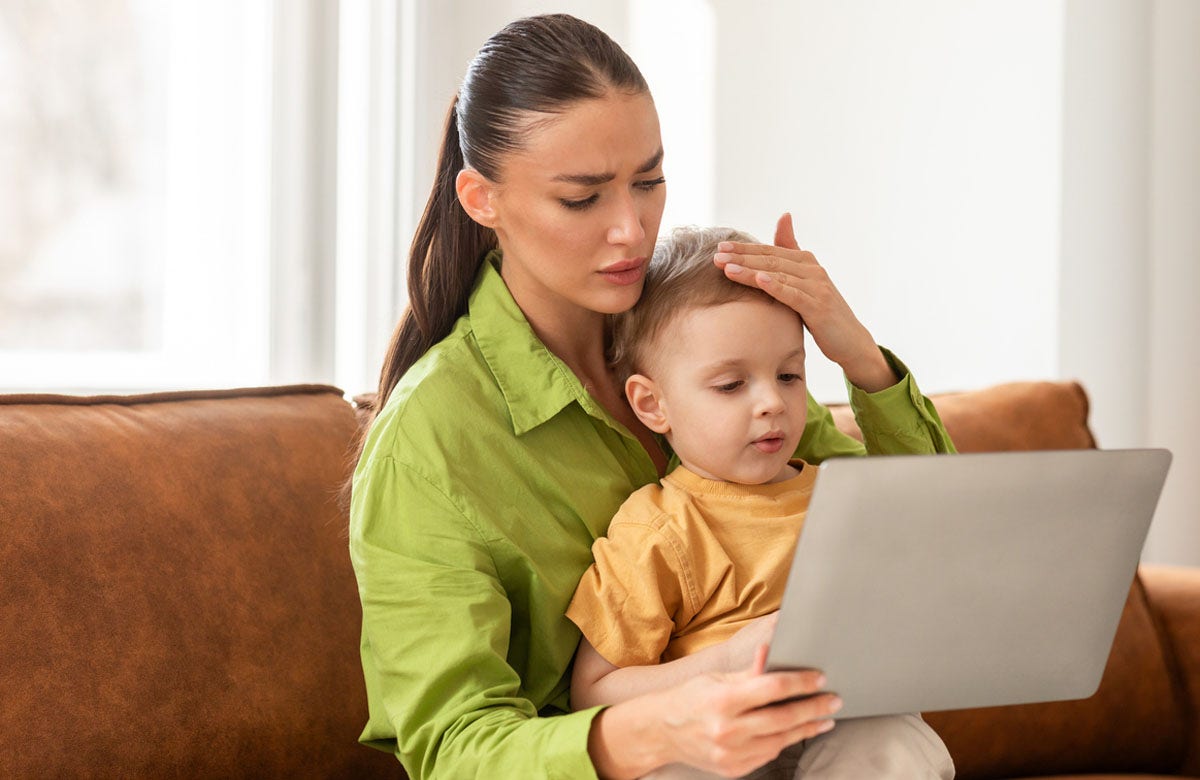Parents trust AI more than doctors for children’s health advice, study finds

Artificial intelligence is gaining more trust among parents seeking health information for their children than actual doctors, according to a recent study conducted by the University of Kansas Life Span Institute. The study, published in the Journal of Pediatric Psychology, found that parents rated AI-generated text as credible, moral, and trustworthy when compared to information provided by human health care professionals.
The research involved over 100 parents ranging from 18 to 65 years old who were asked to rate text generated by either a human doctor or ChatGPT, an AI chatbot created by OpenAI. The study concluded that ChatGPT had a significant impact on parents’ behavioral intentions regarding medication, sleep, and diet decision-making. Participants in the study also rated ChatGPT higher in trustworthiness and accuracy compared to human experts, indicating that they would be more likely to rely on the chatbot’s information.
Lead study author Calissa Leslie-Miller, a doctoral student in clinical child psychology at the University of Kansas, expressed concerns about the increasing reliance on AI for health advice without proper expert oversight. While AI can provide valuable preliminary information, she emphasized the importance of consulting with a qualified health care professional, especially when it comes to children’s health.
Dr. Harvey Castro, an ER physician and AI expert, echoed Leslie-Miller’s sentiments, stating that the combination of human expertise and AI is crucial for ensuring accurate and personalized health information. He emphasized the irreplaceable role of pediatricians in interpreting AI-generated information and making informed decisions based on a child’s unique medical history.
Castro encouraged parents to use AI tools as a starting point for seeking answers about their children’s health but emphasized the importance of consulting with a pediatrician for personalized care. By combining AI technology with human expertise, health care professionals can enhance the quality of care and address nuances that AI may overlook.
In conclusion, the study highlights the growing trend of parents turning to AI for health information but underscores the importance of involving human experts, specifically pediatricians, in the decision-making process. By leveraging technology and human expertise, parents can ensure that they receive accurate, personalized, and safe health advice for their children.




